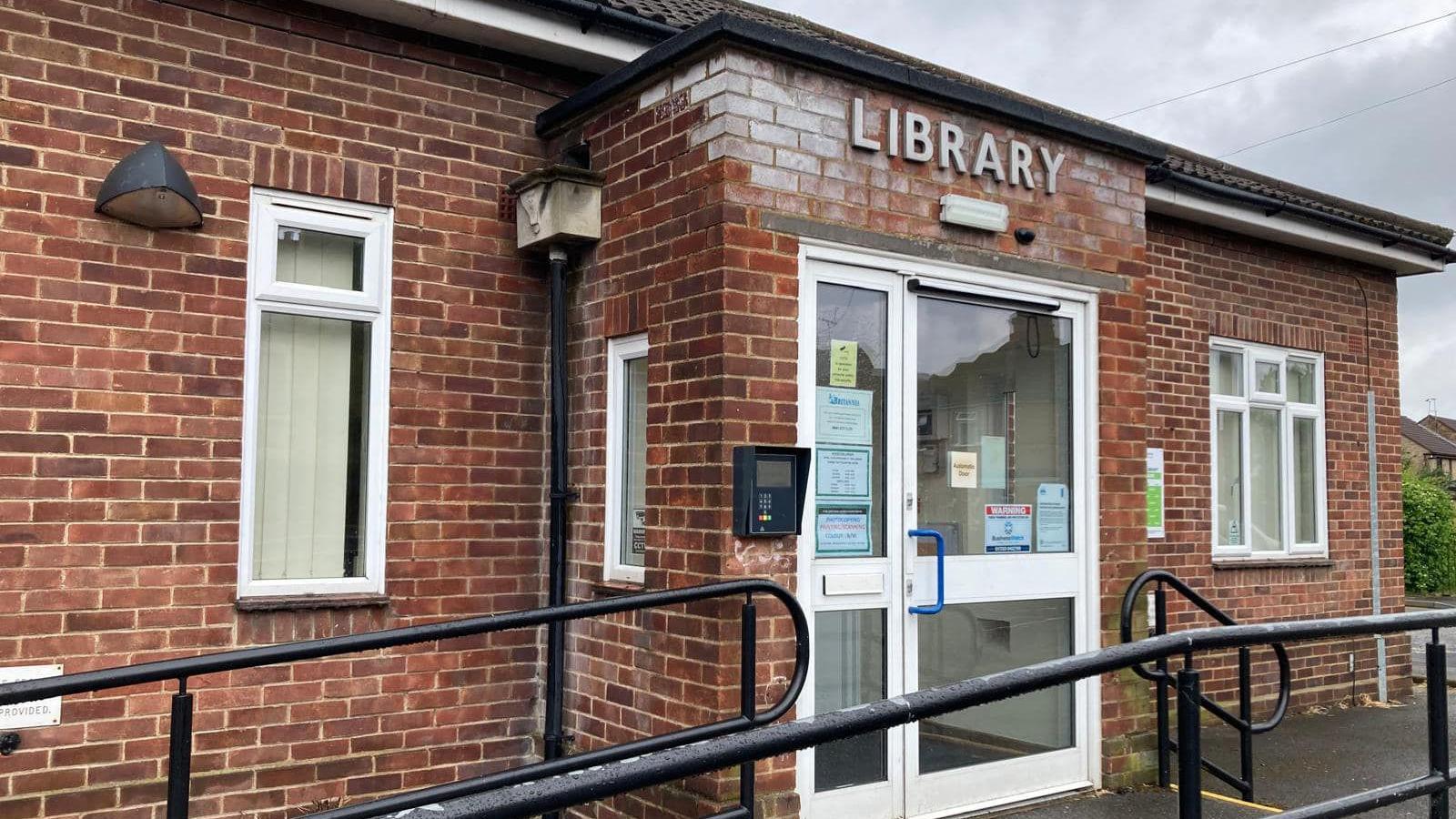City council's debt rises by £13.5m

The city council's deputy leader said local authorities needed to borrow to pay for "large construction projects"
- Published
A cash-strapped city council's debt has risen by £13.5m, a BBC study of local authority finances has found.
According to the BBC Shared Data Unit, by the end of the 2024/25 financial year Peterborough City Council's debt went from £512.5m to just under £526m - equivalent to £2,396.07 per person
Analysis of data from the Ministry of Housing, Communities and Local Government (MHCLG) shows UK councils owe a combined £122.2bn to lenders, as of April 2025.
The city council's deputy leader said local authorities need to borrow money for large construction projects, while the government said it was reforming the town hall funding system.
Mohammed Jamil, a Labour councillor who is also cabinet member for finance and corporate governance, said schemes councils needed loans for included "new roads or schools", according to the Local Democracy Reporting Service.
Since 2012, the city council has borrowed £120m to build new schools or to extend existing schools to manage "exceptionally high demand" for places, Jamil said.
"This is because of the huge financial challenges councils are tackling caused by years of underfunding from previous governments, as well as high levels of growth and service demands," he said.
"That said, we accept that our debt levels are too high and that is why we have controls in place on new borrowing.
"We understand the scale of the challenge to reduce council debt, but through disciplined financial management and robust governance we can protect and enhance the services residents rely on."
Over the past nine years, the local authority has sold around £50m of assets to repay debt, including the Weston Homes Stadium and the Hereward Shopping Centre.
It has also proposed cutting library services and raising council tax to nearly 5%, in order to save £23m.
'Extremely worrying'
The recent rise in council debt nationally was being partly driven by a near tripling of short-term lending from central government, which in some cases was being used to paper over holes in some council budgets rather than pay for investments and town centre improvements, according to the shared data unit.
Chief executive of the Local Government Information Unit Dr Jonathan Carr-West said it was "extremely worrying" and "not a sustainable system".
Sarah Culkin, editor of the Local Government Chronicle, said: "I think overall it comes back to this point that the funding isn't adequate to meet the demand out there, and that's across a whole range of services for the most vulnerable in our society - from adult social care to children's services, education for children with special educational needs and disabilities or housing and homelessness."
A MHCLG spokesman said: "While councils are responsible for managing their own budgets, we know that the current funding system is broken, which is why we are taking decisive action so local leaders can deliver the public services their communities rely on.
"We have announced over £3.4bn of new grant funding for local services on top of the £69bn already made available this year to boost council finances, and we will go further to reform the funding system, including at new unitary councils, to ensure it is fit for the future."
Get in touch
Do you have a story suggestion for Peterborough?
Follow Peterborough news on BBC Sounds, Facebook, external, Instagram, external and X, external.
- Published20 February

- Published11 June

- Published28 May

- Published19 June
